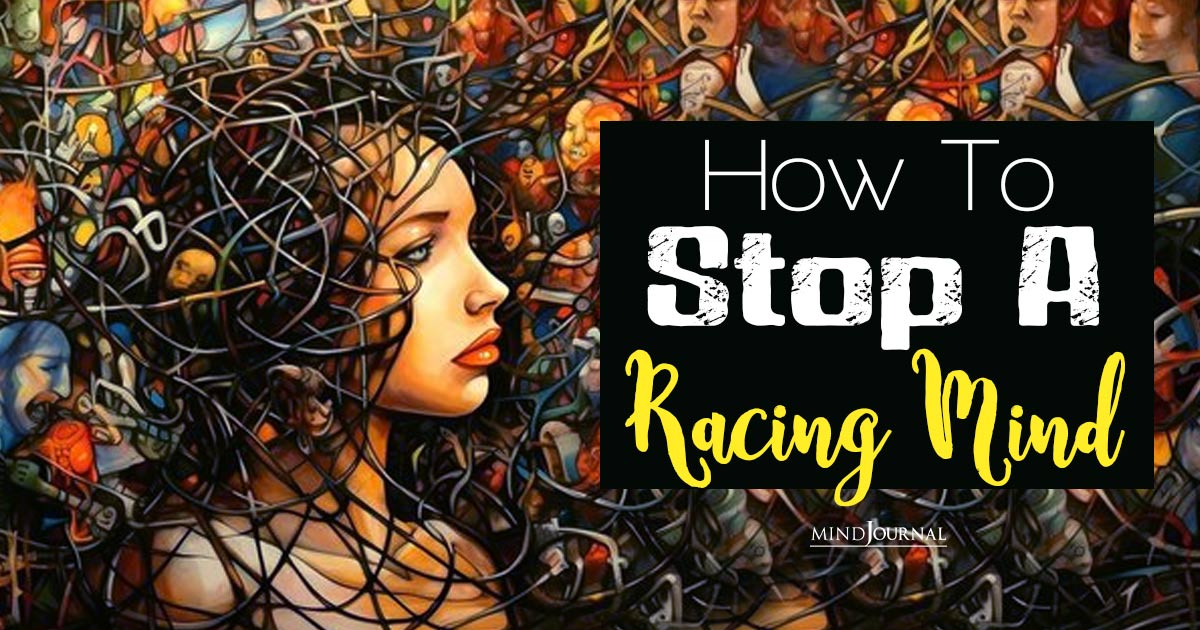We have all heard the phrase, “ignorance is bliss.”
That is actually very true. It turns out, the more you know about this planet and the people on it, the harder life becomes. Realizing when someone is telling a lie based on their body language or facial expression, understanding the complexities of social frustrations, and a plethora of other things may seem like a great gift to some, but in reality this type of intelligence can often feel like a hassle.
Hearing people whine about how their life is “unfair”, when they do nothing to change their projected path? Knowing that they are part of the problem is their ignorance (because they can’t see that)- and it is part of your intelligence (because you can.) You understand the varied differences in life and what each event or decision may unfold.
Besides these things I mentioned, what are other ways that being intelligent may make your life difficult?
1. Your sense of humor is your own.
Few will get your sense of humor. Or you’ll be so funny that people will inevitably miss the hidden sentiments in your humor. Both will make you weep for humanity.
2. Your intelligence is ignored.
One night you and a group of friends are looking up at the sky when one of them points to a bright point of light. “Look,” he says, “It’s a satellite.” Looking up, you realize he’s pointing at Venus, and you say so. But then this girl (who thinks you’re arrogant for some reason) agrees it is definitely a satellite, adding, “Sorry, but you’re wrong.” The next day, you email them a link to a site that explains satellites in geosynchronous orbit are usually too far away to be seen by the naked eye. “He’s still on about that?” they whisper when you turn your back. “What a douche.”
3. It’s harder to make friends.
Intelligent people seek other intelligent people to befriend. When intelligent people meet someone new, they ask clever, seemingly innocent questions that help them identify whether the person is someone worthy of their friendship. Even if a potential friend has much to offer or similar interests, an intelligent person may be quick to blow him or her off if the person doesn’t display a level of insight into the world that matches theirs.
This means intelligent people tend to be lonely. They become used to being alone and find solace in their work. While this means they dedicate more time to making breakthroughs in their field, they are at risk of developing depression.
4. It’s a lose-lose situation in terms of your identity.
You can’t call yourself intelligent without being seen as an arrogant prick. But you also can’t also call yourself otherwise, without everyone seeing you as pretentious. And half the time, you’re not even defining yourself by your intelligence, other people are. But the minute you take the time to address it, you’re pompous. You’re silent? You’re summoned to speak. You talk? You’re being smug. Nope, you can’t win. Ever. Which is sad because being smart is supposed to be fun; but really, it just ends up feeling like a lot of boring and painful work.
5. You’ll be hard on yourself when you don’t “get things.”
After all, you’re intelligent; understanding things and being imaginative, creative or critical is not “supposed” to be difficult. But no matter how smart you are, there will be things that you don’t get. And they will keep you up at night and cause you to believe that you’re losing your brain power.
6. Over-analyzing can cause “paralysis.”
Intelligent people like to be aware of all the pros and cons before making a decision. Knowing these can often stop them from making a decision altogether. That’s because they over-analyze and let potential “what if” scenarios get the better of them. This may also be because many intelligent people are perfectionists and just want to make sure they get the best possible result.
If they are leading a team or organization, this combines for potentially disastrous effects. Imagine: you’re responsible for making the final call on the direction your company is going to take, but you can’t decide on what the core values should be.
7. When you are wrong, or make a mistake, it’s the focus of everyone.
Soon after the Venus/satellite incident, you let it slip that you think Desmond Tutu is a jazz musician, and suddenly your knowledge (or lack thereof) is all anyone wants to talk about. And now you have a reputation for being both arrogant and ignorant.
Despite all these things mentioned, being smart is a blessing. I know it doesn’t feel like it sometimes (like when you are watching anything to do with politics and your brain happens to explode) but trust me, it is a good thing.










Leave a Reply
You must be logged in to post a comment.